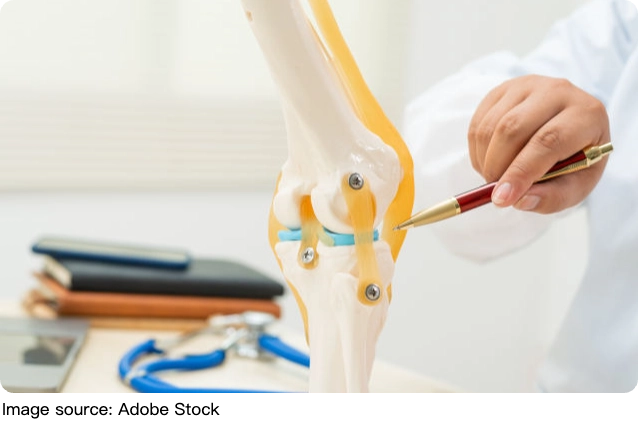Pompe Disease Alert!

Pompe disease is a rare but serious inherited metabolic disorder characterized by the accumulation of glycogen, a complex sugar, in the body's cells.
This progressive condition primarily affects muscle tissue, including skeletal, cardiac, and respiratory muscles, leading to significant functional impairment.
Rooted in a deficiency of the enzyme acid alpha-glucosidase (GAA), Pompe disease presents unique clinical challenges spanning from infancy through adulthood.
The Biology Behind Pompe Disease
At the core of Pompe disease is a genetic mutation in the GAA gene responsible for producing acid alpha-glucosidase. This enzyme normally breaks down glycogen into glucose within lysosomes—cellular compartments that manage waste and recycling.
Without sufficient GAA activity, glycogen accumulates abnormally, damaging muscles and organs. More than 300 different mutations in the GAA gene are known, contributing to a spectrum of disease severity.
The residual enzyme activity determines the onset and progression. Patients with less than 1% enzyme activity experience infantile-onset Pompe disease (IOPD), while those with partial deficiency (under 30%) develop late-onset Pompe disease (LOPD). The disease's manifestations and outcomes hinge on this enzymatic shortfall.
Clinical Classification and Symptoms
Pompe disease divides into three primary forms based on age of onset and severity:
Classic Infantile-Onset Pompe Disease: Manifesting within the first few months of life, this most severe form brings profound muscle weakness (myopathy), hypotonia (poor muscle tone), hypertrophic cardiomyopathy (enlarged, thickened heart muscle), and respiratory difficulties. Without treatment, infants often succumb to heart failure within their first year.
Non-Classic Infantile-Onset Pompe Disease: This variant appears by the first year but progresses more slowly. While cardiomyopathy may not be as severe as in classic cases, progressive muscle weakness impairs respiratory function. Most affected children survive into early childhood.
Late-Onset Pompe Disease: Emerging from late childhood to adulthood, this form is characterized mainly by progressive limb-girdle muscle weakness and respiratory muscle involvement without significant cardiac issues. Symptoms worsen gradually, leading to mobility challenges and respiratory insufficiency over time.
Diagnosis and Challenges
Accurate diagnosis is paramount. It typically involves biochemical assays to measure acid alpha-glucosidase activity in blood or tissue samples, alongside genetic testing to identify GAA mutations. Early diagnosis, especially in infantile cases, improves prognosis due to earlier therapeutic interventions.
However, diagnosis can be complicated by the disease's rarity and clinical variability. Late-onset Pompe disease, with its insidious progression, is often misdiagnosed as other neuromuscular disorders, delaying appropriate care.
Current Treatments
The introduction of enzyme replacement therapy (ERT) revolutionized Pompe disease management. Recombinant human acid alpha-glucosidase supplements the deficient enzyme, reducing glycogen accumulation, improving muscle function, and prolonging survival, particularly in infantile cases.
ERT, though transformative, is not a cure. It requires lifelong administration and has variable efficacy depending on disease stage and severity. Supportive care—including respiratory support, physical therapy, and nutritional management—remains critical to maintaining quality of life.
Emerging treatments under investigation include gene therapy approaches aimed at correcting the underlying genetic defect and novel pharmacologic agents to enhance enzyme activity or reduce glycogen buildup.

In a 2024 article titled "Pompe Disease Over Time: What We're Learning from a Natural History Study", Dr. Kishnani, a leading expert in metabolic and neuromuscular disorders, is quoted as saying, "Pompe disease encompasses all patients with GAA enzyme deficiency. Patients are broadly classified as infantile-onset and late-onset. The vast majority are individuals with late-onset (~80%)."
Pompe disease represents a profound challenge in the realm of rare genetic disorders, with devastating consequences if untreated—especially in infancy. Advances in understanding its molecular basis and the development of enzyme replacement therapy have significantly altered its natural history, underscoring the importance of early detection and multidisciplinary care.


